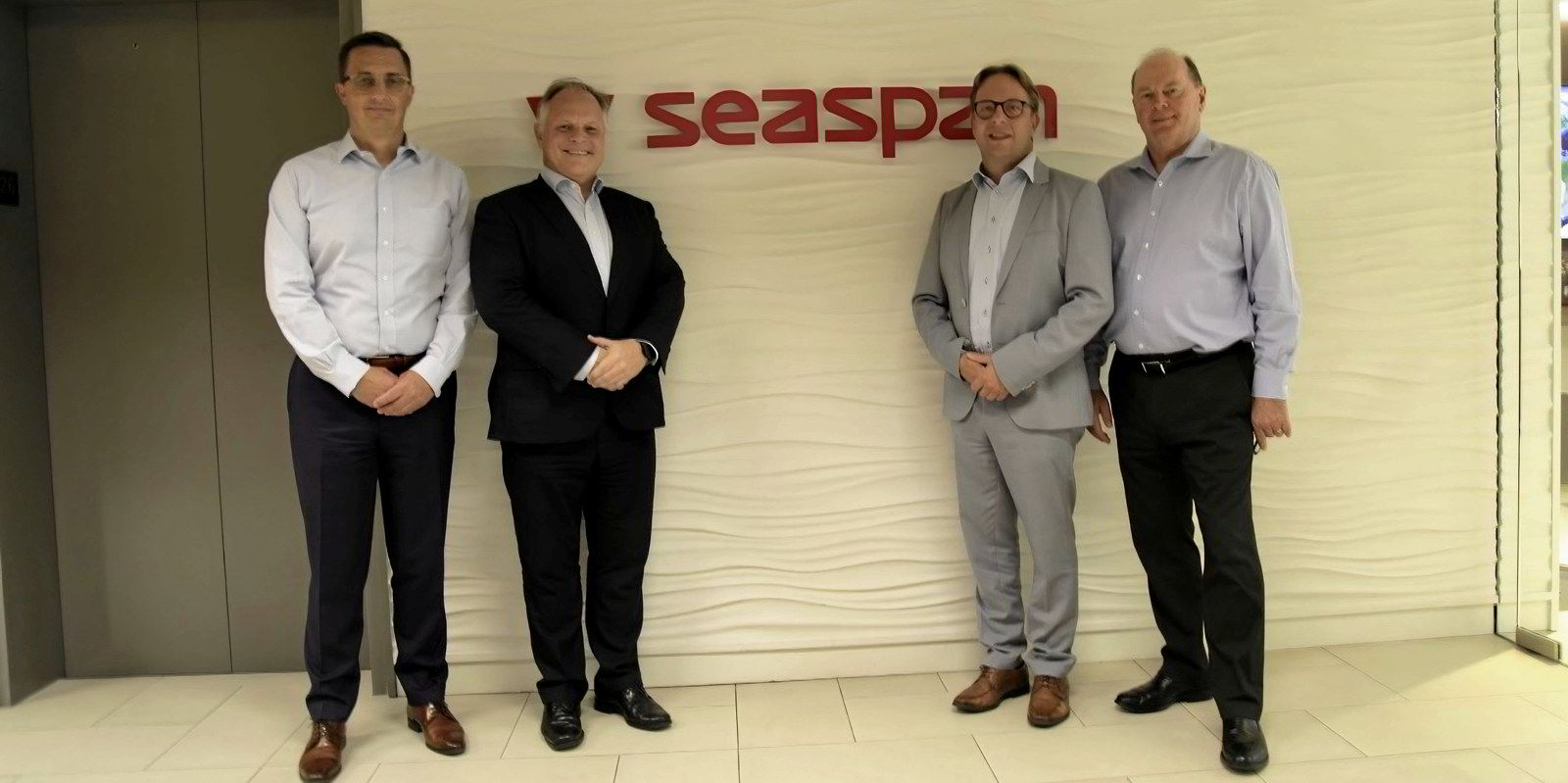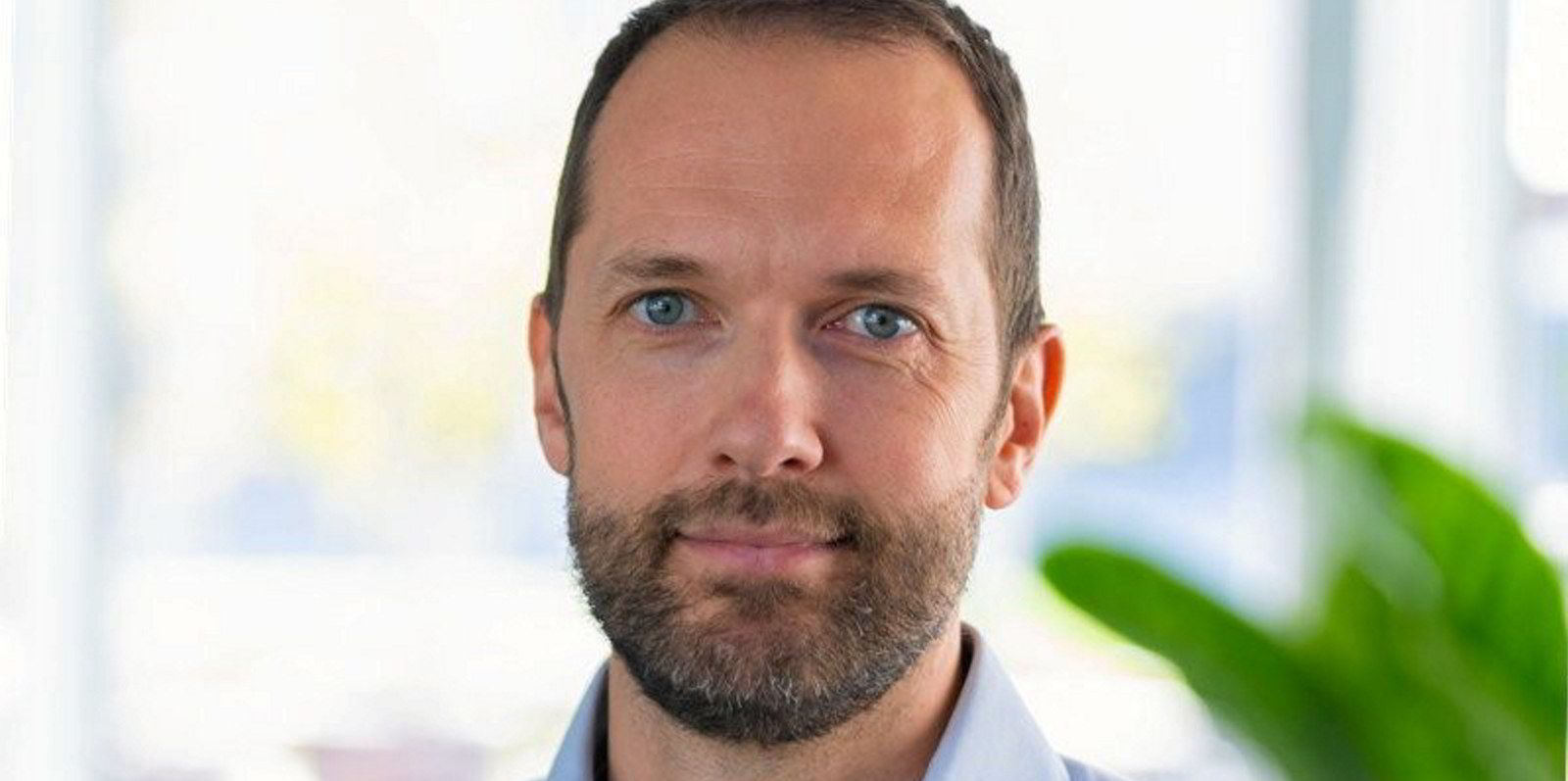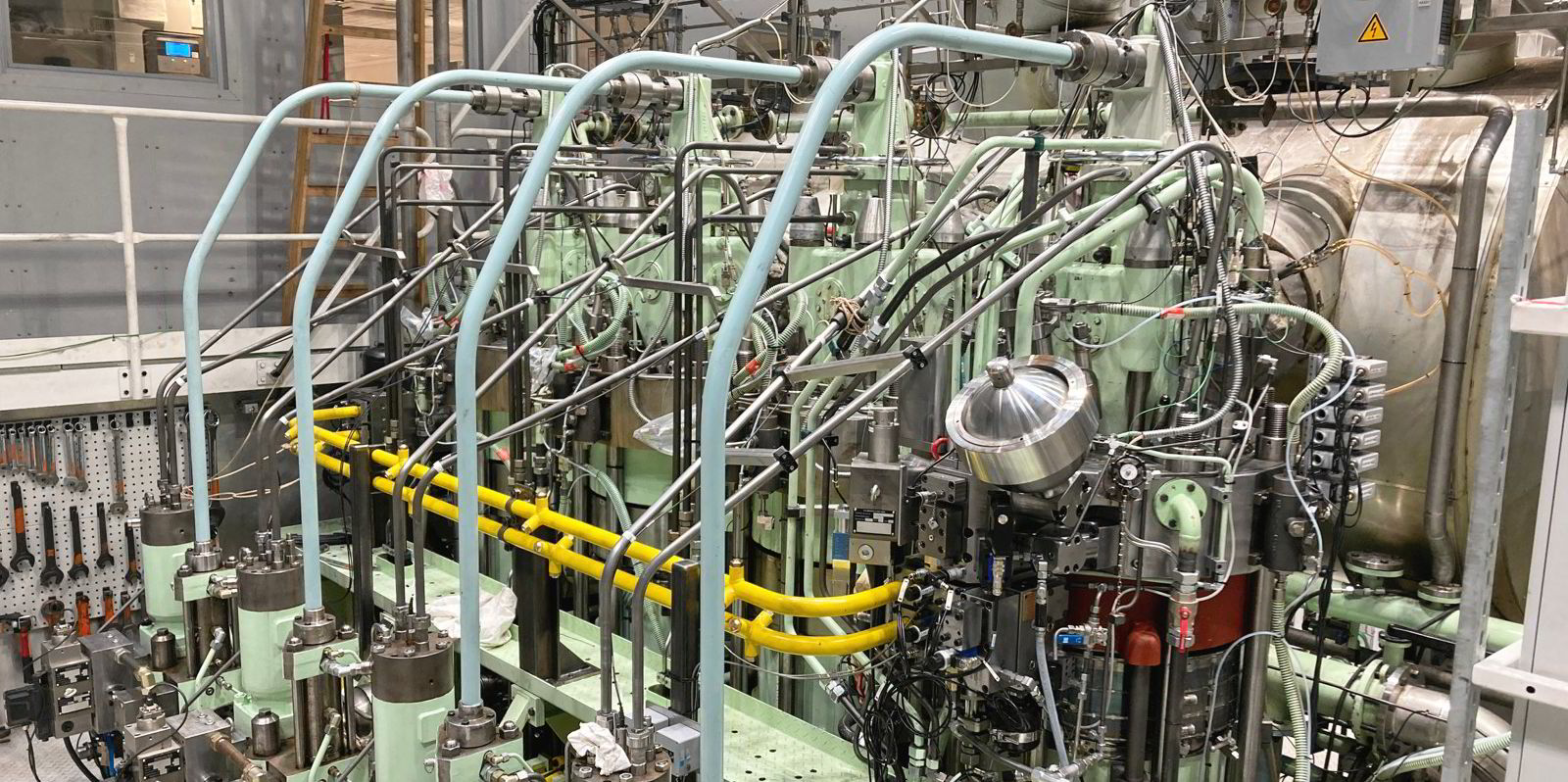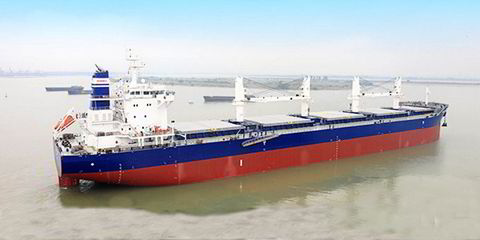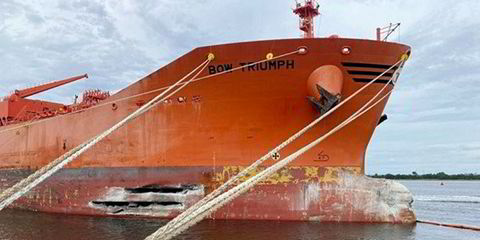Two container ship giants have signed up with engine designer MAN Energy Solutions to retrofit up to 60 of their existing vessels so they will be capable of using methanol as a marine fuel.
MAN ES said it had inked a conversion commitment agreement with Seaspan Corp and Hapag-Lloyd under which its after-sales division — MAN PrimeServ — will deliver 15 engine retrofit solutions.
MAN ES said these will enable the conversion of vessels run by fuel oil-powered MAN B&W S90-type engines to be converted to dual-fuel ME-LGIM engines that are capable of running on green methanol.
The agreement covers optional engine retrofit solutions for a further 45 vessels.
MAN ES said: “Each conversion can provide a CO2 reduction of 50,000 to 70,000 tonnes each year when operating on green methanol.”
The engine designer, which today revealed it had just started running engine tests using ammonia, said the development of the methanol retrofit solution has been led by Thomas Leander, MAN PrimeServ’s head of solutions and site manager Frederikshavn, Seaspan executive advisor Peter Curtis and Hapag-Lloyd fleet managing director Richard von Berlepsch.
Leander said: “Seaspan and Hapag-Lloyd are significant maritime stakeholders with strong fleet-decarbonisation commitments and strategies. This agreement shows clear intent to drive the industry transition towards zero-carbon shipping.
“Retrofitting existing engines to dual-fuel running is one of the most effective ways to reduce greenhouse gas emissions and to derive greater efficiency and profitability from an existing shipping fleet, while simultaneously delivering fuel flexibility and extending operational lifetimes. Crucially, this also avoids the unnecessary building of additional tonnage with associated CO2 emissions.
“With this collaborative agreement, we proceed our journey providing decarbonisation solutions for the maritime industry.”
MAN ES said there are currently 100 ME-LGIM engines on order or in service.
In June, AP Moller-Maersk unveiled a plan to pioneer methanol dual-fuel engine retrofits for its container ships together with MAN ES, with work on a first ship due to get underway in 2024.
Maersk said replacing engine parts is a complex task, but only a part of the larger retrofit operation, which will involve fitting new fuel tanks, a fuel preparation room and a fuel supply system.
In May, MAN ES said some 255m tonnes of green methanol could be required for marine fuelling by 2050.
Thomas Hansen, head of two-stroke sales and promotion at MAN ES, said that from the first quarter of 2022, the new demand from customers who have ordered methanol dual-fuel tonnage has increased to 8m tonnes of green methanol supply by 2027.
